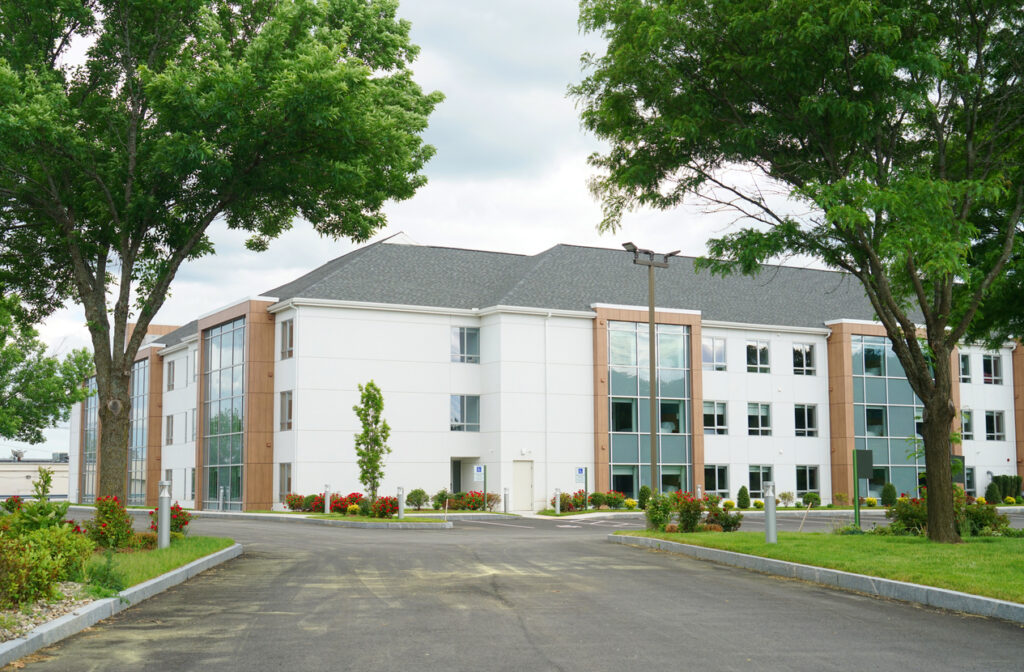Residential vs Inpatient Mental Health Treatment
Residential vs inpatient mental health treatment are two distinct approaches to addressing mental health challenges. Inpatient care focuses on immediate stabilization in a hospital setting for acute crises, while residential treatment provides long-term recovery in a supportive, home-like environment. Choosing the right option depends on your specific needs and recovery goals.
Introduction
Feeling lost in the process of seeking mental health care can be incredibly stressful, especially when trying to choose the right treatment option. The decision between residential vs inpatient mental health treatment often leaves people confused and unsure about what will best suit their needs.
This article explores these two approaches, highlighting their unique features and helping you make an informed choice.
Residential vs Inpatient Mental Health Treatment
The decision between residential vs inpatient mental health treatment can determine the course of recovery. While both offer structured care for individuals experiencing mental health challenges, they cater to different needs and circumstances.
Here is a closer look at these treatment options and their distinctions.
Definitions of Residential and Inpatient Treatment
Residential treatment involves living in a non-hospital setting, where individuals receive care in a supportive, home-like environment. This type of care focuses on long-term recovery through therapies, skill-building, and a community-oriented approach.
Inpatient treatment, on the other hand, takes place in a hospital or medical facility. It is a highly structured and intensive program designed for those experiencing severe mental health crises, offering 24/7 medical supervision and immediate psychiatric interventions.
Key Differences Between Residential vs Inpatient Care
Residential vs inpatient mental health treatment differs in several key ways. Residential treatment emphasizes a more relaxed atmosphere conducive to gradual recovery, whereas inpatient care focuses on immediate stabilization for acute issues.
Additionally, inpatient care often involves medical detoxification and is shorter in duration, while residential treatment provides extended care for ongoing needs.
Goals of Treatment in Each Setting
The primary goal of residential treatment is to foster long-term recovery by addressing the root causes of mental health conditions and helping patients build coping mechanisms.
In contrast, inpatient care aims to stabilize critical symptoms, ensuring that patients are safe and ready to transition to lower levels of care.
Levels of Care and Supervision
One of the main distinctions in residential vs inpatient mental health treatment is the level of supervision. Residential programs provide structured daily routines with moderate supervision, allowing for independence while maintaining support.
Inpatient programs deliver round-the-clock medical monitoring, ideal for those who require immediate intervention for severe symptoms.
Length of Stay Considerations
Residential treatment typically lasts several weeks to several months, depending on the individual’s needs and progress.
Inpatient programs are generally shorter, with stays lasting from a few days to a few weeks, focusing on acute symptom management and discharge planning.
Types of Mental Health Conditions Treated
Residential vs inpatient mental health treatment caters to different mental health needs, offering specialized care for a range of conditions.
Residential Treatment
This is ideal for individuals managing long-term mental health challenges. Conditions such as anxiety, depression, PTSD, and personality disorders benefit from the structured yet nurturing environment of residential programs. These programs focus on holistic healing, incorporating therapeutic techniques, skill-building, and community support to foster gradual improvement.
This setting is particularly effective for those who require time and space to address the root causes of their mental health issues and build sustainable coping strategies.
Inpatient Care
This is designed for individuals in acute mental health crises requiring immediate intervention. This includes severe psychosis, where individuals may experience hallucinations or delusions, or suicidal ideation, where there is a significant risk to life.
Additionally, inpatient programs provide essential medical oversight for individuals undergoing substance withdrawal, ensuring safety and stabilization during a critical period. Inpatient care prioritizes intensive monitoring and rapid stabilization, preparing patients for ongoing treatment in less intensive settings.
Understanding these distinctions can help individuals select the appropriate level of care based on their current symptoms and recovery needs.
Therapeutic Approaches and Interventions
Residential vs inpatient mental health treatment offers distinct therapeutic methods tailored to the unique needs of their participants. These differences reflect the goals and structure of each type of care.
Residential treatment
This treatment emphasizes a holistic and comprehensive approach to mental health recovery. Programs often include mindfulness techniques to help patients develop emotional regulation and stress management skills. Creative therapies like art, music, and drama provide alternative outlets for expression and healing. Group counseling fosters community and shared experiences, allowing individuals to build supportive relationships and learn from others’ journeys.
Many residential programs also incorporate physical wellness activities, such as yoga, exercise, and nutritional guidance, to address mental health from a whole-body perspective. These interventions are designed to promote gradual recovery and long-term resilience in a nurturing and supportive environment.
Inpatient care
On the other hand, inpatient care prioritizes immediate stabilization and safety. Interventions in these programs are often medically driven, with psychiatric evaluations conducted to diagnose and address acute mental health issues. Medication management is a key component, ensuring patients receive the appropriate pharmaceutical support to manage severe symptoms effectively. Crisis therapy sessions focus on de-escalating distress and creating safety plans for patients experiencing intense episodes, such as suicidal ideation or psychotic breaks.
Inpatient programs are designed to address critical situations swiftly, ensuring that patients leave in a stable state and ready to transition to ongoing care.
Together, these distinct therapeutic approaches reflect the different roles residential and inpatient treatments play in the recovery process, ensuring that individuals receive care tailored to their specific needs and circumstances.
Factors to Consider When Choosing a Treatment Option
When deciding between residential vs inpatient mental health treatment, consider the severity of your condition, the need for medical supervision, and long-term recovery goals.
Consulting with healthcare professionals and evaluating the environment in which you would feel most comfortable is essential for making the right choice.
Benefits and Challenges of Residential Treatment
Residential treatment offers a supportive environment where individuals can focus on recovery at their own pace. The extended timeframe allows for meaningful progress and the development of life skills. However, the longer commitment and less intensive supervision may not suit individuals needing stabilization.
Benefits and Challenges of Inpatient Treatment
Inpatient treatment provides immediate access to medical care and a highly structured environment, making it ideal for acute situations. Yet, the hospital-like setting can feel restrictive, and the shorter duration may not fully address underlying issues, requiring follow-up care.
Take the Next Step: Find the Right Residential or Inpatient Treatment With Best Rehabs Today
Choosing between residential vs inpatient mental health treatment is a significant step in your recovery journey.
Understanding the distinctions between these two options helps you make an informed choice that aligns with your needs and goals. Whether you require immediate stabilization or a nurturing environment for long-term healing, the proper treatment can support you.
Visit Best Rehabs today to explore various treatment programs and find the best option for your mental health and recovery path. Start your journey toward wellness now!


